Contents
1. Summary
2. Themes
3. Sample Essay Topics
4. A+ Essay Topic Breakdown
Things Fall Apart is usually studied in the Australian curriculum under Area of Study 1 - Text Response. For a detailed guide on Text Response, check out our Ultimate Guide to VCE Text Response.
Summary
Things Fall Apart is set in a fictional group of Igbo villages called Umuofia, around the beginning of the twentieth century. The first half of the novel is dedicated to an almost anthropological depiction of Igbo village life and culture through following the life of the protagonist Okonkwo. Okonkwo is the greatest wrestler and warrior alive in the nine villages and beyond. He has dedicated his life to achieving status and proving his strength to avoid becoming like his father Unoka – a lazy, improvident, but gentle man. Weakness is Okonkwo’s greatest fear. After men in another village kill a woman from Umuofia, a boy named Ikemefuna is given to Umuofia as compensation and lives in Okonkwo’s compound until the Gods decide his fate. Ikemefuna quickly becomes part of Okonkwo’s family; he is like a brother to Okonkwo’s son Nwoye and is secretly loved by Okonkwo as well. Over the next three years, the novel follows Okonkwo’s family through harvest seasons, religious festivals, cultural rituals, and domestic disputes. Okonkwo is shown to be more aggressive than other Igbo men and is continually criticized and rebuked by the village for his violence and temper. When the Oracle of the Hills and Caves decides that Ikemefuna must be killed, Okonkwo is warned by a respected elder to have no hand in the boy’s death because Ikemefuna calls him ‘father’. However, afraid of being thought weak, when Ikemefuna runs to Okonkwo in hope of protection, Okonkwo delivers the fatal blow. Ikemefuna’s brutal death deeply distresses Nwoye who becomes afraid of his father.
At the end of Part One, Okonkwo accidentally kills a clansman at a funeral after his faulty gun explodes and is exiled to his motherland, Mbanta. During his exile, British missionaries arrive in Mbanta and establish a church. Nwoye, disillusioned with his own culture and Gods after Ikemefuna’s death, is attracted to Christianity and is an early convert. This is a heartbreaking disappointment to Okonkwo. When Okonkwo and his family return from exile after seven years they find that the missionaries and colonial governors have established Umuofia as the center of their new colonial government. Clashes of culture and morality occur, and as the British make the Igbo more dependent on them through introducing trade and formal education, the Igbo way of life is continually undermined. When a Christian convert unmasks an egwugwu during a tribal ritual, a sin amounting to the death of an ancestral spirit, the egwugwu burn down the village church. The men who destroyed the church are arrested and humiliated by the District Commissioner, and Okonkwo beheads a court messenger at a village council in rebellion. When none of his clansmen rise with him against the British, Okonkwo realizes his culture and way of life is lost and commits suicide in despair. Suicide is a crime against the Earth Goddess, Ani, so Okonkwo is left to rot above ground in the Evil Forest, like his father Unoka – a shameful fate he spent his life desperate to avoid. The final paragraph, written from the perspective of the District Commissioner, reduces Okonkwo’s life to a single sentence about his death in his planned book The Pacification of the Primitive Tribes of The Lower Niger. Achebe has filled an entire novel with evidence of the complexity and sophistication of Okonkwo’s individual and social life and the District Commissioner’s casual dismissal and belittling of him causes us to flinch with horror and dismay. This is a metaphor for the reduction of Igbo culture in the eyes of its colonizers.
The title gives away the plot of the novel and anticipates the collapse of Okonkwo and his society. Things Fall Apart is about the connection between the tragic downfall of Okonkwo, who fate and temperamental weakness combine to destroy, and the destruction of his culture and society as the Igbo way of life is assailed by forces they do not understand and are unprepared to face.
Themes
A Full and Fair Representation of Ibo Traditional Life
The first part of the novel presents the traditional world of the Ibo with specificity and vibrancy. The imbedded descriptions of the patterns of interaction, daily routines and seasonal rituals of Ibo life creates an overwhelming impression of community and shared culture. We see the established system of values which regulates collective life and how closely related this is to natural cycles and environments. The Ibo’s moral values are contained in sayings and stories, rituals and festivals. Achebe depicts a comprehensive and sustaining social, spiritual, economic, agricultural, and legal order. (Chapters to consider: 1, 2, 3, 5, 6, 10, 12, 19)
While Ibo society is marked by the internal coherence of its organization and the poetry of its rituals, this coherence is partially formed by the repression of the individual and the inflexibility of social norms. Achebe shows the violence, dehumanization, and discrimination vulnerable groups experience in Umuofia due to the rigid adherence to tradition and superstition. This includes the customary abandonment of newborn twins, the sacrificial murder of Ikemefuna in the name of justice, and the discriminatory caste structure that denies inclusion to the osu (Chapters 7, 18).
Obierika’s questioning of the stern logic of some customs suggests that many laws are enacted from a sense of duty and inevitability rather than from a firm conviction in their justice or efficacy (Chapter 13). The cultural demand for conformity places a huge moral and psychological burden on individuals who must reckon with the sometimes heartless will of the gods. This internal tension is epitomized in the character of Okonkwo, discussed below.
Clash of Cultures
When the Ibo are confronted with rival institutions a mirror is held up to their society. Fall Apart honestly considers and reflects on Ibo practices, customs, values, and beliefs. The novel is a frank articulation of the nature of the African past and its relevance to the present and future. Achebe wants to illuminate Ibo culture to dispense with lingering colonial prejudices, but he is not sentimental or nostalgic for the past. Instead he is shifting through it to identify the valuable aspects of Ibo culture to bring into the future and help define Nigeria’s post-independence identity.
Achebe recognises that the colonial encounter which led, swiftly and seemingly inevitably, to the disintegration of Ibo culture revealed its profound weaknesses. Achebe suggests that with the arrival and contrast against another culture, a cultural reckoning was inevitable for the Ibo. However, cultural reckoning and revaluation is not the same thing as destruction and erasure. The British colonialists were a hostile force seeking cultural domination. By pointing out some of the weaknesses of the Ibo tradition, Achebe in no way excuses or justifies colonial domination or diminishes the pain and tragedy of the cultural erasure that occurred.
Colonial Domination
The anti-colonial position and purpose of the novel is powerfully clear. Achebe depicts the process of colonial initial establishment and the resultant cultural suspension of Ibo society. The British colonizers believed in their inherent cultural superiority and arrived in Umuofia with the intention to “bring civilization” (p.151) to Africa. They wanted to achieve full control by supplanting Ibo religion and culture with their own.
The British arrived quietly and non-confrontationally with their religion and the clans allow them to stay, misinterpreting their silence as peaceability. An Ibo proverb warns that there is danger in silence and nothing to fear from someone who reveals their motivations (Chapter 15). Obierika recognizes how the white man’s strategy disguised their intentions and gave them the freedom to grow and fortify. He explains the political consequences for the clan, now divided by the new religion, they can no longer act as one (Chapter 20). Without strength in unity, the Ibo are vulnerable to further encroachment of British control in their other institutions.
As only a small number of Ibo initially converted to Christianity, the church was only able to establish itself firmly in the villages because of the Ibo’s religious tolerance (Chapter 2, 22). Mr Brown learns about Ibo religion and his willful blindness to its complexity shows how the colonizers justified their colonial rule and imposition through labelling their subjects ‘primitive’. Mr Brown understands that Christianity held no appeal for people well integrated in Ibo society, concluding that “a frontal attack on it would not succeed” (p.132) and thus introduces education as a new method of cultural displacement and erasure. Additionally, trade also increased the Ibo’s dependence on the introduced economy (Chapter 21).
From the very first introduction of the colonizers we understand that violence and fear were tools of oppression and dominance, forcing the Ibo to submit and keeping them unresisting (Chapter 15, 20, 23). Not only do the British impose foreign rule on the Ibo and judge them by standards they do not recognize, the District Commissioner’s personal brand of ‘justice’ is corrupt and hypocritical. When the elders are arbitrarily and falsely imprisoned, he tells them that what they have done “must not happen in the dominion of our queen” (p.141), combining personal corruption with a state apparatus of paternalism, hegemony, and occupation (Chapter 20, 23).
Dogmatic zealot, Reverend Smith, encourages fanaticism in his converts, motivating them to insult and humiliate the clan (Chapter 22). Under Reverend Smith’s wrathful guidance, the colonial agenda becomes transparently aggressive. The grief and pathos of the Ibo’s situation and collective trauma is displayed evocatively in the final episodes as Achebe depicts this painful moment of acute crisis (Chapter 22, 23, 24, 25).
Fate
A recurring thematic question in Things Fall Apart is to what degree the collapse of the Ibo and the downfall of Okonkwo are due to their own internal weaknesses or the whims of a pernicious fate.
The Ibo understand fate to be in a dynamic and somewhat ambiguous relationship with personal agency. This is evident in their proverb “when a man says yes his chi says yes also” (p.20) which acknowledges and privileges the role of an individual’s choices in shaping their destiny (Chapter 4). The saying “as a man danced so the drums were beaten for him” (p.135) also relates this idea – fate is a response to one’s behaviour. Okonkwo is warned that killing Ikemefuna, his surrogate son, is the “kind of action for which the goddess wipes out whole families” (p.49).This demonstrates the clan’s belief that the goddess’s (or fate’s) punishments are not arbitrary but the result of individual action (Chapter 8).
Although there is an element of chance in Okonkwo’s gun accidentally exploding and killing someone, his exile carries the suggestion of just comeuppance in its echo of the guns failure to shoot when purposely aimed at Ekwefi (Chapter 5, 13). Likewise, although the arrival of the Christians was unexpected and chanced, Nwoye’s rejection of his father is traceable directly to Okonkwo’s choice to kill Ikemefuna (Chapter 7). The desertion of people injured by Ibo traditions is a blow to the clan that feels equally earned (Chapters 16, 17, 18).
After his exile, Okonkwo believes his chi has turned against him (Chapter 14). He renunciates the wisdom of his elders by denying the active role he had in directing the course of events. His refusal to reflect on the connection between his actions and punishment reflect his fatal flaws: hubris and willful lack of self-knowledge. By refusing to self-analyze and self-correct, Okonkwo loses the opportunity of redemption. Comparably, the Ibo, despite believing in a relationship between action and fate, do not reflect on the cause of their kinsmen’s desertion to Christianity. Achebe provides numerous examples of the clan’s dogma and brutal traditions denying people such as Ikemefuna or twins control over their lives (Chapter 2, 7). It was the shortcomings of the Ibo social and religious order that made members susceptible to the attraction of a competing value system with a more articulated concept of individuality. The Ibo’s cultural lack of self-apprehension meant they could not adjust their traditions to save themselves.
However, just as Achebe shows how individuals in the clan are at the mercy of rigid overarching authority, he shows how the fateful forces of history constrain human agency. The British’s hostile intention to erase and supplant the Ibo way of life is a punishment greater than the Ibo deserve and a force stronger than they can rise to. In his description of the grief and trauma of colonial imposition, Achebe demonstrates his compassion and sorrow for the Ibo as they faced the sweeping and unforgiving forces of change in their moment of historical crisis.
Sample Essay Topics
1. "Things Fall Apart demonstrates how the values and customs of a society help us to deal with the familiar but not with change." Discuss.
2. "Traditional ideas of honour dominate Okonkwo's life and finally they destroy him." Discuss.
3. "Nwoye knew that it was right to be masculine and to be violent, but somehow he still preferred the stories his mother used to tell." How does Achebe explore masculinity in Things Fall Apart?
Now it's your turn! Give these essay topics a go. For more sample essay topics, head over to our Things Fall Apart Study Guide to practice writing essays using the analysis you've learnt in this blog!
A+ Essay Topic Breakdown
Whenever you get a new essay topic, you can use LSG’s THINK and EXECUTE strategy, a technique to help you write better VCE essays. This essay topic breakdown will focus on the THINK part of the strategy. If you’re unfamiliar with this strategy, then check it out in How To Write A Killer Text Response.
Within the THINK strategy, we have 3 steps, or ABC. These ABC components are:
Step 1: Analyse
Step 2: Brainstorm
Step 3: Create a Plan
Let's look at an essay prompt in this video below:
[Video Transcript]
In Things Fall Apart, women suffer the most and are victimised by men. Discuss.
Whenever you are breaking a prompt down. Ask yourself...
- What are the key words/ ideas that you need to address?
- Which theme is the prompt referring to?
- Do you agree with prompt? Or do you disagree with it?
The keywords of this prompt would be women, suffer,, victimised and men. The prompt requires us to address the role of women in the text and the ways in which they suffer in a society that is pervaded by patriarchal values. It also asks us, ‘Who is to blame?’ Are men solely responsible for the maltreatment or are there other causes to their suffering? The word ‘most’ in this prompt is actually there to give us a bit of room for discussion. Yes, women do suffer, but do they suffer the most? Or do men suffer as well?
Now that we’ve thought about the prompt, we can move on to the second step of the THINK part of the THINK and EXECUTE technique. To find out more about this unique strategy, I’d recommend downloading a free sample of our How to Write a Killer Text Response eBook!
Now, before we write our ideas in beautiful topic sentences, it’s often easier to simplify everything first. One way to do this is to work out whether the paragraph agrees or disagrees with the prompt at hand. We could follow this structure…
Yes, the prompt is true because X
Yes, another reason it is true is X
While it is true, it is limited by X
By elucidating the ways in which women are seen as inferior to their male counterparts, the writer establishes his critique on a society that victimises and oppresses women.
From the outset of the book, Okonkwo is characterised as a violent man who ‘rules his household with a heavy hand’, placing his wives in perpetual fear. The frequent beating and violence fortifies the portrayal of him as a man who is governed by his hatred of ‘gentility and idleness’, further showing the terror that his wives are forced to be living in.
"Do what you are told woman. When did you become one of the ndichie (meaning elders) of Umuofia?"
He also sees his wife’s mere act of questioning as disrespect, as evidenced through the ways in which he implies that she is overstepping her role.
“There were many women, but they looked on from the fringe like outsiders"
This simile also shows how women are often marginalised and treated as outcasts, underlining the overarching yearning for social justice throughout the text. This pitiful image of women looking ‘on from the fringe’ also helps Achebe relay his criticism of gender double standards and the unfairness that Igbo women are forced to live with.
Achebe’s sympathy for women’s suffering and condemnation of men’s mistreatment towards are also evident through his depiction of a society that normalises misogyny.
‘His mother and sisters worked hard enough, but they grew women’s crops… Yam, the king of crops, was a man’s crops’
The personification of the crops, in particular, the men’s crops, the ‘yam’, being the ‘king of crops’ establishes this gender hierarchy in yet another way. More specifically, the position of men in the social hierarchy is highlighted and the negative connotation attached to the ‘women’s crops’ undermine their hard work, rendering it in significant.
While women are the main victims of Igbo gendered prejudice, Achebe does not disregard the undue burden that societal expectations impose on men.
‘He was afraid of being thought weak.’
Achebe explores the burdens of unrealistic expectations that are placed on both men and women. This quote exemplifies societal expectations on men to be strong, powerful and fearless leaders who never show emotions. Achebe’s sympathies regarding these expectations show us that this is an important critique in Things Fall Apart that we can analyse.
If you find this helpful, then you might want to check out our Things Fall Apart: A Killer Text Guide where we cover 5 A+ sample essays (written by a 50 study scorer!) with EVERY essay annotated and broken down on HOW and WHY these essays achieved A+ so you reach your English goals! Let's get started.
Resources
The Ultimate Guide to VCE Text Response
How To Write A Killer Text Response Study Guide
How to embed quotes in your essay like a boss
How to turn your Text Response essays from average to A+
5 Tips for a mic drop worthy essay conclusion
With contributions from Lindsey Dang.






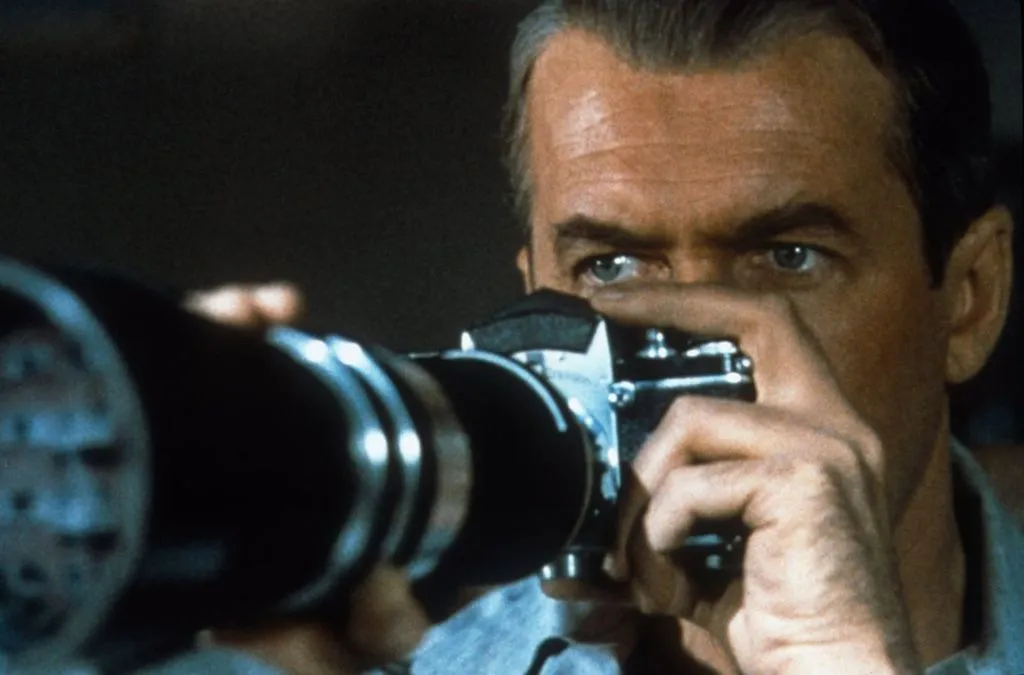

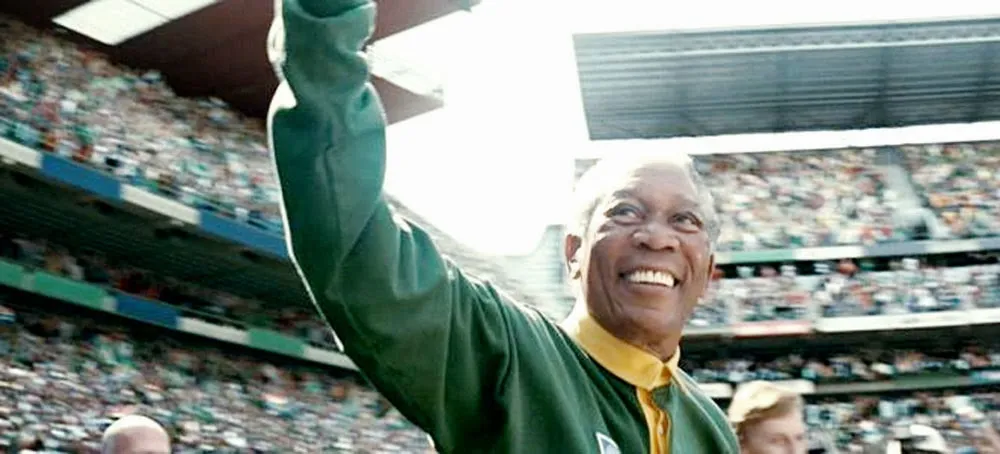
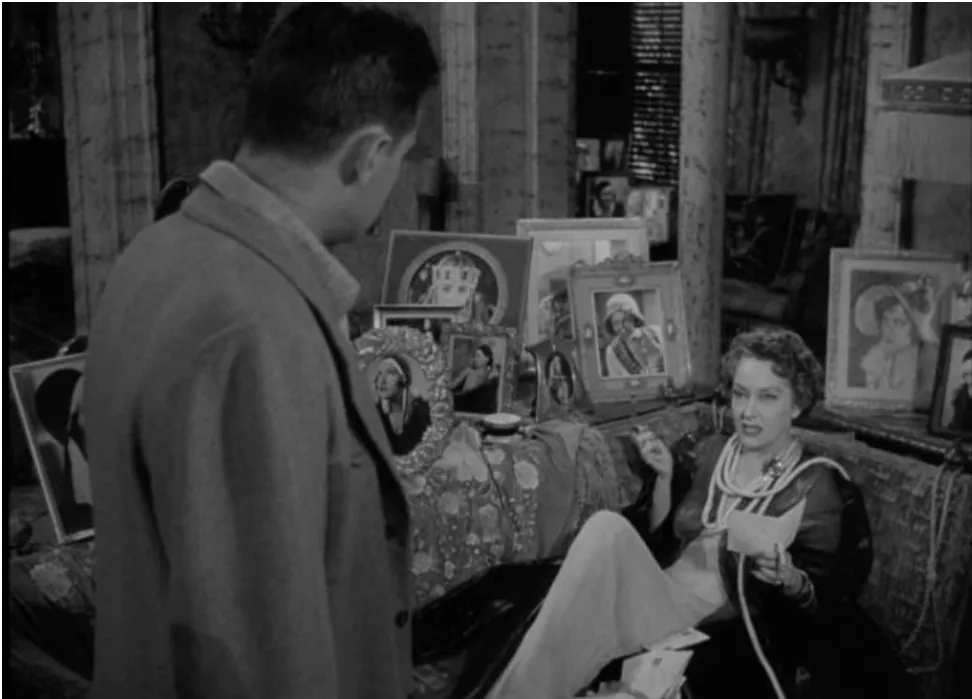
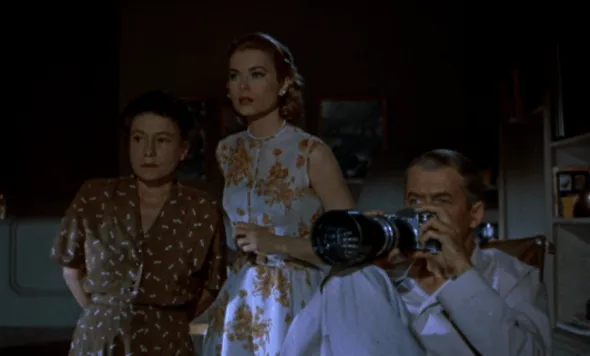
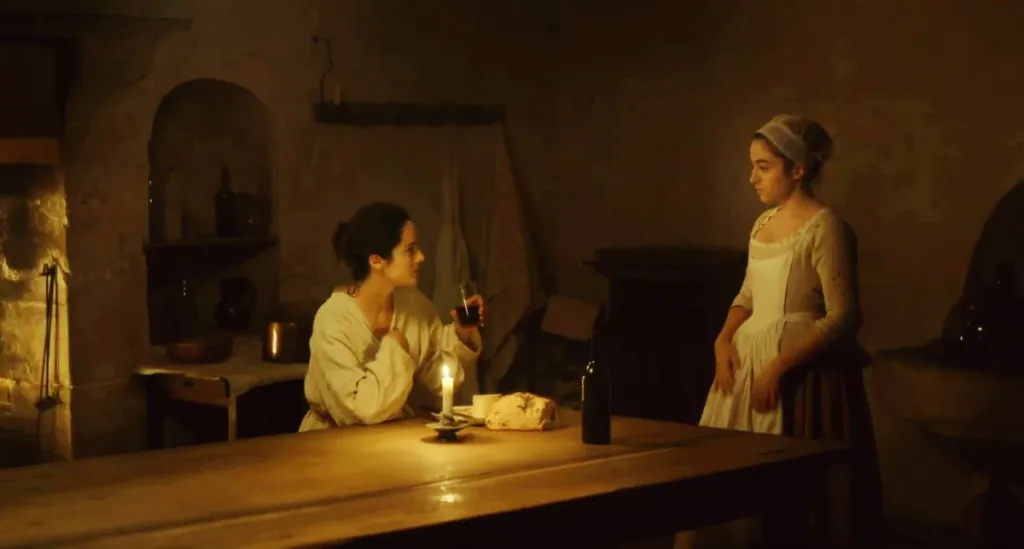





.webp)
%2520(1)%2520(1).webp)
%2520(1)%2520(1)%2520(1).webp)
%2520(1).webp)
%2520(1).webp)
%2520(1)%2520(1)%2520(1).webp)
%2520(1)%2520(1)%2520(1).webp)
%2520(1)%2520(1).webp)
%2520(1)%2520(1)%2520(1).webp)
.webp)
%2520(1).webp)
%2520(1).webp)
%2520(1).webp)
%2520(1)%2520(1)%2520(1)%2520(1).webp)
%2520(1)%2520(1)%2520(1).webp)
.webp)
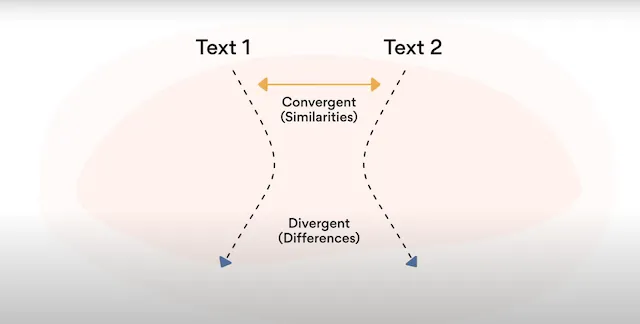
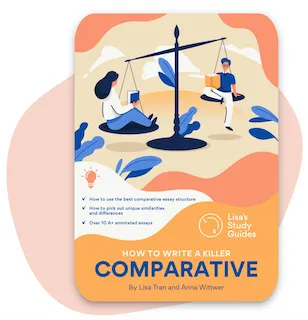

.jpg)